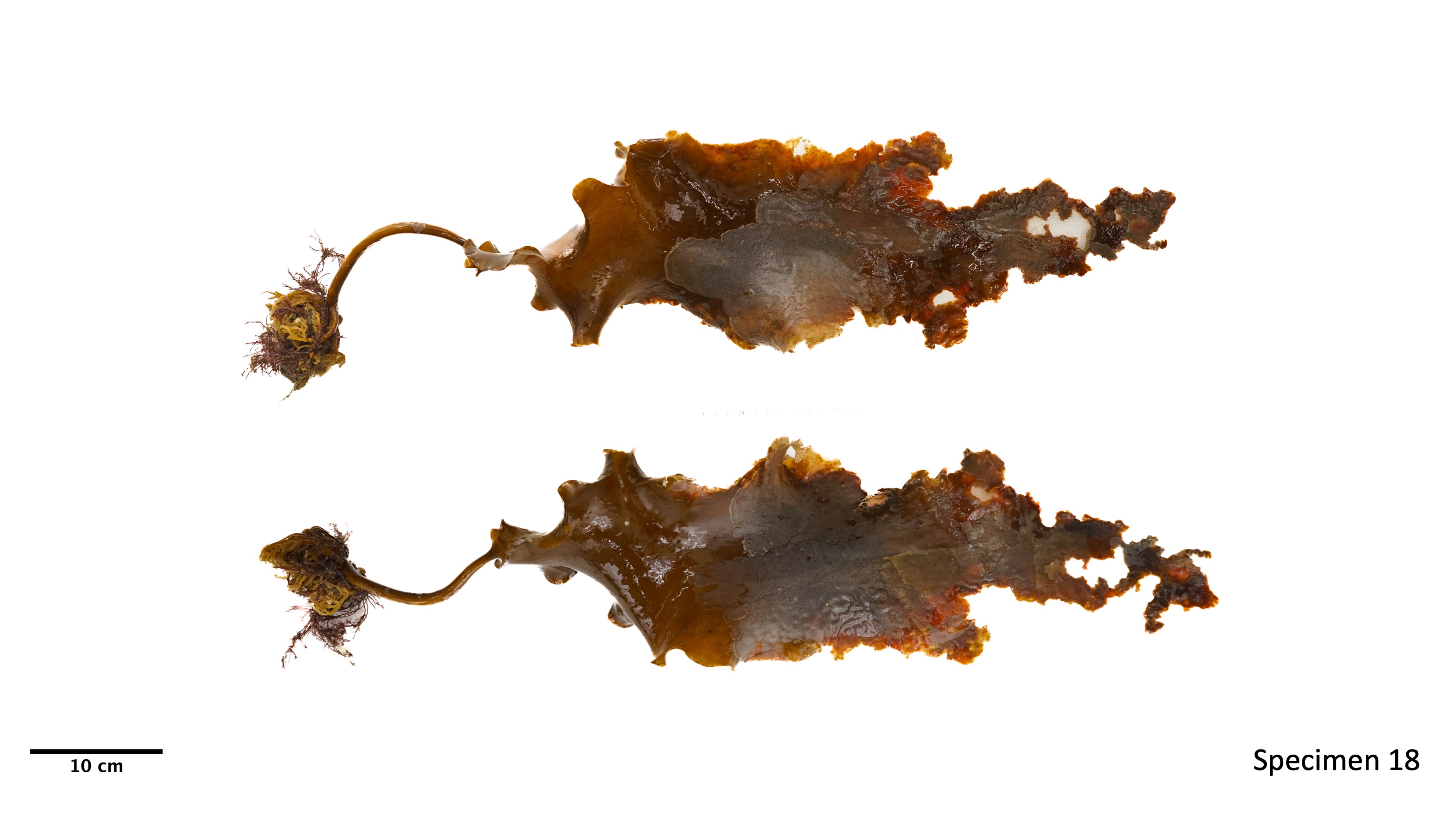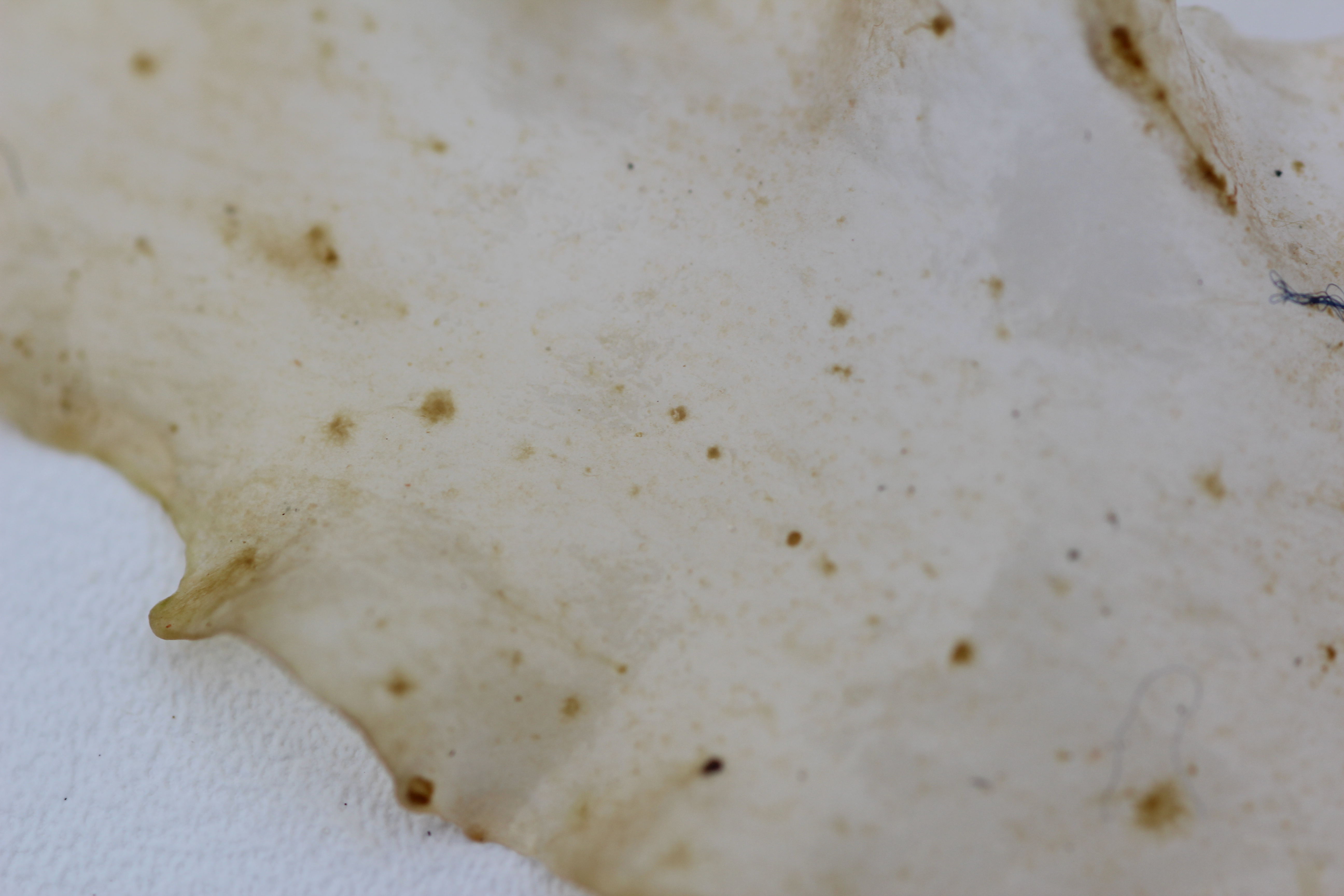We study marine macrophytes from both fundamental and applied perspectives. Our research focuses on understanding functional trait variation at the molecular level and uncovering mechanisms of rapid adaptation to environmental change. This knowledge is used to improve predictive models, and to support the sustainable cultivation of economically important algae and mitigating loss of kelp forestes by enhancing their stress tolerance, fouling resistance, and immunity.
Research Projects
Kelp Priming for Resilient and High-Yield Farming (KELPRIME)

Figure adapted from Jueterbock et al. (2021), Front. Mar. Sci. Illustration by Antoine Minne.
Duration: 2023–2026
Project number: NFR 334327
Partners: Nord University (NO, coordinator), AWI (DE), Roscoff Research Station (FR), Lofoten Blue Harvest AS (NO)
Funding: Norwegian Research Council (10 MNOK)
KELPRIME explores how thermal priming—a technique well known from crop science—can improve the performance of cultivated kelp. The project investigates whether brief exposure to sublethal temperature stress during the microscopic life stage can enhance biomass yield and resilience under future climate conditions.
We aim to:
- Improve heat tolerance and yield in Saccharina latissima and Alaria esculenta
- Characterize epigenetic stress memories (DNA methylation) and their inheritance
- Use CRISPR-based epigenome editing to test causal relationships
- Develop practical, non-GMO protocols for strain improvement
KELPRIME contributes to climate-resilient kelp farming and builds a scientific foundation for future applications of epigenetic engineering in aquaculture.
Biofouling Resistance and Sustainable Yield in Kelp Farming (DEFY)

*Saccharina latissima sporophyte showing high levels of biofouling with bryozoans. Photo by Lydia Schmidt*
Duration: 2024–2026
Project number: MABIT 2024-199
Partners: Nord University (NO, coordinator), Kelpinor AS (NO), Polaralge AS (NO)
Funding: MABIT program (SEANERGIES initiative)
DEFY addresses biofouling, one of the major constraints in kelp cultivation. Bryozoans and other fouling organisms reduce kelp quality and shorten the farming season.
The project develops strategies to:
- Deploy sporophytes earlier in autumn to avoid peak fouling periods
- Select and propagate fouling-resistant strains using monoclonal cultures
- Quantify the heritability of fouling resistance
- Investigate defense-related gene expression patterns
The goal is to enable farmers to extend the growing season and increase harvestable biomass without additional infrastructure or permits.
Strengthening Kelp Immunity Through Priming (KELP-SHIELD)

Endophyte of *Saccharina latissima at the sporophyte stage*
Duration: 2026–2028
Project number: Nord University internal PhD fellowship
Partners: Nord University (NO, coordinator), SBR Roscoff (FR), CCMAR Algarve (PT), GEOMAR Kiel (DE)
Funding: Nord University PhD fellowship
KELP-SHIELD investigates whether immune elicitors can “prime” kelp to enhance its defense against pathogens and fouling, applying concepts from terrestrial plant immunity to seaweed cultivation.
We focus on:
- Inducing immune responses in S. latissima gametophytes and tracking effects into the sporophyte generation
- Exploring DNA methylation as a potential mechanism for immune memory
- Using CRISPR-edited lines to test methylation effects
- Assessing microbiome shifts, biofouling, and grazing resistance
KELP-SHIELD complements the KELPRIME and DEFY projects and contributes to a toolkit for disease-resistant seaweed farming.
SEANERGIES: Seaweed Scaffolds for Cultivated Octopus
Duration: 2025–2028
Partners: Wageningen University (NL, coordinator), Nord University (NO), Stazione Zoologica Anton Dohrn (IT), GreenCoLab (PT), S2AQUA (PT), UFPR (BR), CephRes (IT), Agricoltura Cellulare Italia (IT)
Funding: Horizon Europe (SBEP), with national co-funding
SEANERGIES develops sustainable scaffolds for cultivated seafood by growing octopus meat on seaweed-derived 3D structures.
Nord University contributes by:
- Cultivating monoclonal S. latissima sporophytes
- Optimizing decellularization protocols
- Supporting muscle cell growth and alignment
- Analyzing scaffold-cell nutritional properties (LC-MS/MS)
This project links marine biotechnology with cellular agriculture to reduce pressure on wild fisheries and promote sustainable protein sources.